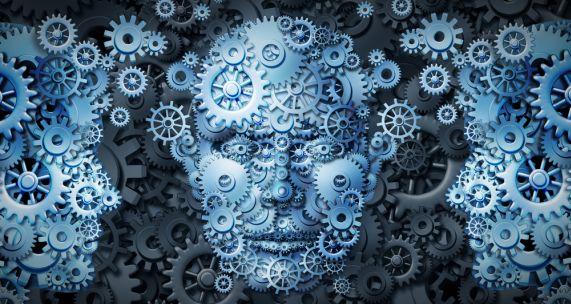[LINGUISTICS] Psycholinguistics and Human Memory
One of the interesting things about the human mind is the mental lexicon. How the words acquired can be stored and the retraced again within certain processes in the human mind. The storage of data must be passing the processes as follows; sensory storage, short term storage and long term storage. The external stimulus, such in listening and reading processes will be passing these three-store model of human memory (Field 2003:18-9)
The level of processing is in two types of models; either Bottom-up or Top-down processing. In Bottom-up lexical processing the level starts from phonetic, phonological, segmentational, lexical, syntactic, propositional and finally pragmatic. Meanwhile for Top-down processing lexical processes is either between Autonomous or Interactive models. In Interactive, the forms and shapes of the letters may involve in the acquisition meanwhile in Autonomous, the process operates independently by word perception and recognition; from letters to words (Field 2003: pp.65-9).
Another interested fact related with mental lexicon is about the working memory capacity. Whether is it true or not that this working memory has the certain capacity or whether we could actually measure it has been proven to be true. Based on Miller (1956) research, the working memory is suggested to be able to hold only about seven pieces of information at a time. Relying on this finding, I could say that memorizing lexical items may be only maximum to the length of seven words in the human mind? Interestingly, I have seen a lot of people are able to memorize more that just seven pieces of information at a time. Does it mean that ‘pieces’ in here is not a lexical items? Could it be that our human mind and brain are limitless? Or do we yet have to search more deeply for the real limitation of our working memory?
References
Field, J. (2003). Psycholinguistics. Routledge, USA.



Comments :